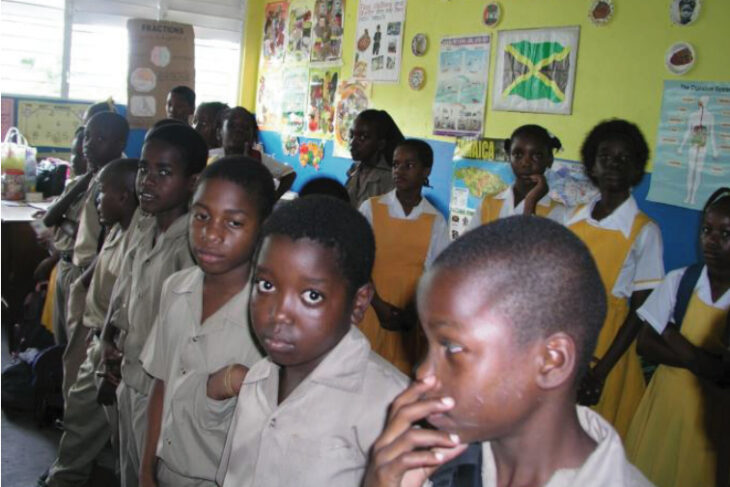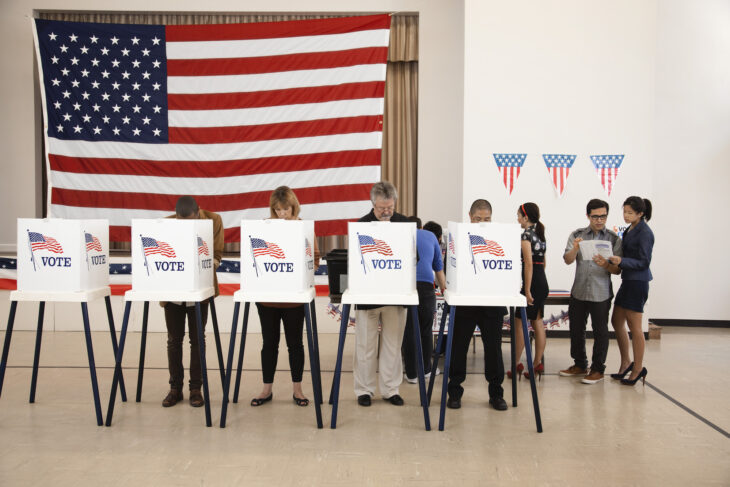In the Sunday Gleaner of November 11, 2018, my friend David Jessop wrote an opinion piece entitled “Overhauling Caribbean Diplomacy” that is a must read for those who are interested in international diplomatic strategies. David focuses on some of the cost-saving measures being taken (mainly by the OECS) of having one ambassador or High commissioner representing a number of countries.
This is entirely in keeping with recommendations addressed in the Orane Report in Jamaica; however that was stoutly resisted by politicians and civil servants who were not willing to give up the rewards to supporters, or the overseas perks (including access to education) among others. It was simply a matter of joining forces in a YES YES MINISTER.
David outlines one part of the lack of unity on foreign policy issues related to the usual suspects such as China, Russia, Venezuela, Cuba, (and at certain times even Haiti). We take on long forgotten British notions of worldwide empires even while we are independent but somewhat insignificant in charting world events. Notwithstanding our claims, songs, and protests, we did not liberate South Africa, Angola, or Zimbabwe by sending troops to fight (as Cuba did), but we made a disruptive noise by consensus, and the mouse roared.
Most of our musicians did not perform in those countries (with one notable exception), and the straw that broke the camel’s back was when we refused to play cricket with them or others who did. It was not Jamaica, T&T, Guyana, Barbados, Leeward and Windward Islands, but rather the West Indies team that made that difference. Combined and united, that is what made the difference and is highly laudable.
To cap that direction we have membership in the U.N.; World Bank; IDB; IMF; ACP; CARICOM; CARIFORUM; OAS; The Commonwealth; and other political clubs that, with the exception of the three financial organizations, are largely talk shops. To be a bit cheeky, Britain will probably not go to war again because Barbados is behind them.
So this is where I leave the trail described by David Jessop.
On Power 106 on Monday 12, November, Ambassador Richard Bernal gave a really great description of geopolitics, including the historical precedence of overzealous nationalism. He cited vivid descriptions of the causal factors of WWI and the Great Depression that were related to inflexible nationalism. We face the same today.
My pathway concerns the economic development trail where it seems that growth in the region is stagnant, and is a threat to all of CARICOM. The notion that we are all sovereign nations, regardless of our sizes and degrees of mendicancy, surely looms greater than the notion that individually we can reach towards the large political stage (when probably we will not get even a cameo role). It is a huge thing when we get to make the token speeches in such international fora, our one short moment of basking in the sunlight.
Our objectives should be sustainable economic growth, reduction of unemployment, social development with equity, and generally enjoying a safer and happier environment. If I am correct then, in the context of a global marketplace we must be concerned about taking a more aggressive approach to international trade (without totally abandoning the international agencies and their molasses progress).
However we must note that the real execution of international trade is not the usual remit of ministries of foreign affairs, and therefore we run the risks of underfunding agencies such as JAMPRO and its CARICOM counterparts. For all member nations, the problems of affordability restrict the quality of our personnel who should be at a high enough status and with contacts, to effectively serve our major markets.
To have the funds to support a meaningful outreach, permanent trade missions; embassies; and cross-national cooperation, cannot be simply ignored on the altar of sovereignty. All our nations have comparable products; compatible raw material resources; widely varying manufacturing capabilities; little if any overseas marketing; and mistrust.
Therefore the CARICOM private sectors must provide an answer to a futuristic scenario where they accept their self-invoked responsibility of being the “engines of growth”. This requires an orderly but quick transition to a shared scenario where successful public/private partnerships are brought together to take international growth to new levels.
Mistrust seems to be based on rather antiquated ideas that prevent cooperation in local markets, and lack of scale of ownership overseas (such as common distribution channels to promote efficiency). In a deeper look nobody has a patent/copyright with respect to individual products, and differentiation is by brand and marketing.
Put simply, we are copycats who think we invented mackerel, corned beef, and fruit drinks. So the small CARICOM exporters would be well advised to join and invest in a larger concern and make a potential leap towards a larger corporation who is already invested in overseas markets.
Similarly, in services such a banking; insurance; investments; call and business processing centres; real estate development; tourism; hassle-free airline travel; along with the free movement of people; are parts of development driven by capital and human resources.
Joining talk shops cannot be the future of growth led by political representatives who generally have little practical experience with commerce. The private sectors must be called into the strategy to provide the thrust of the various trade agencies by offering some competent senior executives to support the young and bright people who currently serve in the trade agencies.
These young and bright talents in the civil service who need a guiding hand will benefit and mature rapidly, given the imparted expertise in trade and the development of people networks at high levels. In this regard the Diaspora also need to share contacts in business and development as their primary goals rather than to concentrate on their local political preferences. Currently they play into the hands of our political elites who hold rallies for overseas nationals who cannot vote in Caribbean elections.
Therefore I see a bright prospect if only we would steer our small horse-drawn carts into a larger wagon train that offers more protection. Therefore the first step needs to be taken by Jamaica to bring overseas expansion through the booming stock exchange with specific shared ownership to raise equity capital.
Respected business persons (retired or current) could invest a year overseas to establish a presence and activate contacts. If other CARICOM countries wish to join then we could consolidate into one building where both political and trade functions could be housed in order to expedite central communications and operational efficiencies. In essence: to become a lean machine with a strategic bias towards growth by facilitating trade and investment.
This is a future vision that appreciates functional cooperation as a key component of a growth strategy.



